Explained: The Mission and Duties of a Spa Manager Simply Explained
Within the dynamic sphere of the wellness industry, the role of a spa manager stands as a linchpin for success. This guide aims to demystify the complexities of this position by elucidating its core mission, defining duties, and highlighting the indispensable skills required to thrive as a proficient spa manager.
Understanding the Mission of a Spa Manager
At the heart of a spa manager’s mission lies the seamless orchestration of operations to ensure the delivery of exceptional client experiences. Their primary goal revolves around creating an environment conducive to relaxation, rejuvenation, and well-being. Balancing business objectives with a commitment to quality service becomes the cornerstone of their endeavors.
Core Duties and Responsibilities
- Operational Oversight: A spa manager is tasked with overseeing daily operations, ensuring smooth functioning across departments. This includes managing staff, inventory, and maintaining high standards of cleanliness and organization within the spa premises.
- Client Relations: Fostering positive relationships with clients is paramount. Spa managers ensure that guests receive unparalleled service, addressing their needs and feedback promptly to enhance their overall experience.
- Staff Management: Recruiting, training, and motivating a team of skilled professionals is pivotal. Spa managers nurture a positive work culture, provide guidance, and facilitate ongoing training to elevate staff performance.
- Financial Management: Responsible for budgeting, revenue generation, and cost control measures, spa managers aim to achieve financial sustainability while maximizing profitability.
- Marketing and Promotion: Collaborating with marketing teams or implementing strategies, spa managers drive initiatives to promote the spa’s services, attract new clientele, and retain existing customers.
Essential Skills for Success
- Leadership: Effective spa managers exhibit strong leadership qualities, inspiring and guiding their team towards common goals while fostering a cohesive work environment.
- Communication: Clear and empathetic communication is vital, whether interacting with staff, clients, or collaborating with stakeholders.
- Organizational Acumen: Strong organizational skills aid in managing diverse tasks, schedules, and resources efficiently.
- Adaptability and Problem-Solving: Adaptability to changing scenarios and adeptness in problem-solving are indispensable traits in the fast-paced spa industry.
- Business Acumen: Understanding financial metrics, market trends, and the ability to make strategic decisions to drive business growth is crucial.
Strategies for Effective Spa Management
- Emphasizing Client Experience: Prioritize creating a welcoming atmosphere and exceptional services to ensure client satisfaction and loyalty.
- Continuous Staff Development: Invest in staff training, skill enhancement, and empowerment to maintain high service standards.
- Utilizing Technology: Embrace technology solutions to streamline operations, enhance booking systems, and facilitate better customer experiences.
- Community Engagement: Engage with the local community through partnerships, events, or outreach programs to expand the spa’s reach and impact.
In conclusion, the role of a spa manager encompasses a diverse array of responsibilities requiring a blend of leadership, operational prowess, and a commitment to exceptional service delivery. By understanding the core mission, embracing key responsibilities, honing essential skills, and implementing effective strategies, aspiring spa managers can navigate this dynamic field with confidence.


